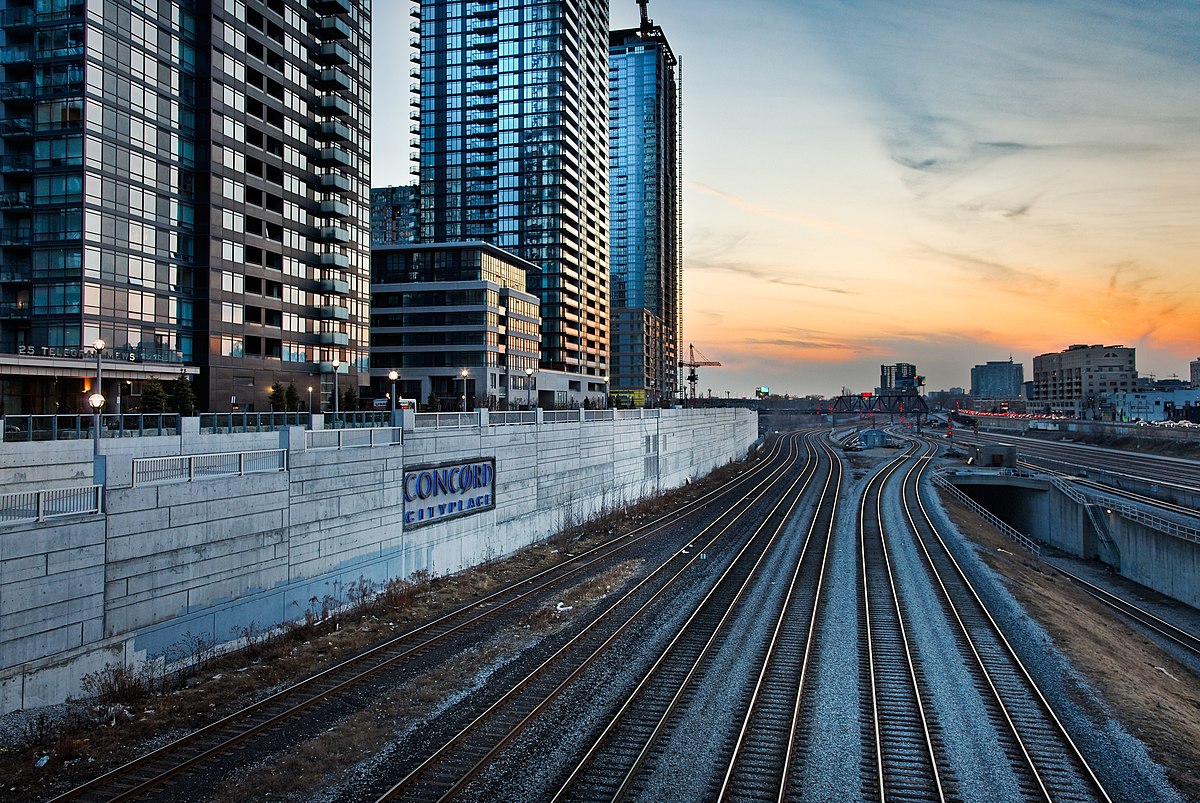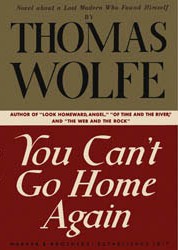Predicting the end of cities while were still in the middle of a pandemic is like saying there is no shoreline when you're in the trough of a wave.
Of course lots of urban businesses and services are hurt. They are hurt in rural areas too. De-urbanization will have to overcome a pretty strong 500 year trend if his prediction is to come true:
View attachment 64820
The other thing to remember when talking about the "death" of cities. When people are leaving cities they for the most part aren't leaving urban areas for rural areas. They are leaving the most densely populated urban areas for somewhat less densely populated urban areas. They're not trading cities for farms. They're trading downtown cores for places that still have all the amenities of a city within reach, but just have a bit more private space around them.
The City of Toronto is a city. To the North-East Markham is a city by name but most Toronto people would call it the suburbs. North of that Stouffville is a town but only the people around the very edges (a small minority of the population) would be called rural. A little further North of that is the community of Ballantrae. A collection of mainly estate homes in "the country". Almost none of the people in any of these communities leads a remotely rural life. They are urban dwellers with varying degrees of urban density. Generally the more money you have, the less density you can afford. That means that most of the population will continue to live in relatively high density communities. Maybe not in high cost areas like The Beaches, or Manhattan, but I think cities are not only here to stay, they will continue to grow and spread.
And maybe using Rome as the example of a dying city isn't the best choice. It did last for 1,000 years afterall!










